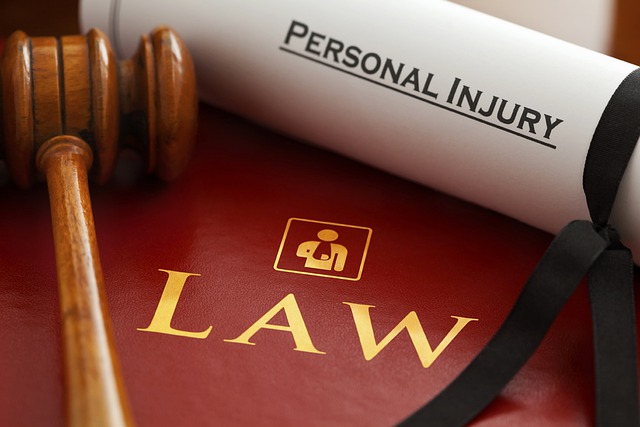
Personal injury law helps individuals seek compensation for harm caused by another’s negligence or wrongful actions. It covers accidents, medical malpractice, workplace injuries, and more, ensuring victims get justice and recovery support.
Personal Injury Law is the area of law that provides legal remedies and compensation to individuals who have suffered physical, emotional, or psychological harm due to the negligence, recklessness, or intentional actions of another party. Its primary aim is to restore the injured person, as much as possible, to the position they were in before the injury occurred, typically through financial compensation.
Common types of personal injury cases include:
Accidents: Road traffic accidents, slips and falls, workplace injuries.
Medical negligence: Mistakes in diagnosis, treatment, or surgery causing harm.
Defective products: Injuries caused by unsafe consumer goods or machinery.
Intentional acts: Assaults or other deliberate harmful actions.
Key elements in a personal injury claim generally involve proving that:
The defendant owed a duty of care to the claimant.
That duty was breached through negligence or misconduct.
The breach directly caused injury or harm.
The claimant suffered measurable damages (medical costs, lost income, pain and suffering, etc.).
The outcomes of personal injury claims may include compensation for medical expenses, lost wages, rehabilitation costs, and emotional distress. In some cases, punitive damages may also be awarded to deter reckless or intentional misconduct.
Personal injury law plays a crucial role in protecting individuals’ rights, holding wrongdoers accountable, and providing justice and relief to victims of harm.